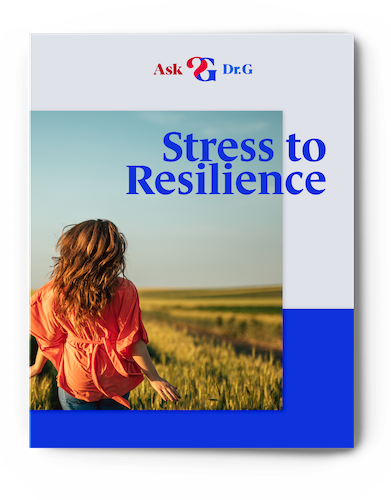In front of your child, doctor tells you, “Something is wrong, but I I’m not sure what and don’t want to speak out of turn.” And it’s about the child who is old enough to understand what the MD is saying! I’m all for open, honest communication with our kids, but jeepers, if you’re gonna say something could be seriously wrong in front of the kid, can you please temper it with some stats and what ELSE could be going on that isn’t serious? What is the appropriate balance of information to give a child about a POSSIBLE medical condition, especially when they are old enough to understand (and young enough to jump to) the worst case scenarios? How do you temper a potentially very scary situation without discounting their feelings? I don’t want to say, “you have nothing to worry about” “don’t be afraid”, etc, b/c frankly it is scary and the kids are entitled to those feelings, BUT chances are very high that everything will fine and, if there is something that needs to be addressed, we’ll handle whatever it is together (which is actually what I said, but now am thinking should have said/done more/different).
Anonymous, in CA
First let me say that I’m sorry you are facing a health-related struggle just now. Kudos to you doing some strong parenting despite your own worry. From what you’ve said, it sounds like you’ve handled this very well.
When our kids go through difficulties, we can help them in a few different ways.
1. Have your freak out moments away from them. We have an experience as the parent of a potentially ill child that is serious and important. But our extreme emotions will scare the heck out of our kids. They have enough to handle with their own emotions. It is often appropriate to tell your child how you’re feeling, and may be reasonable to cry in front of them, if you can do that without completely losing control.
2. Validate their emotions. Make sure they have the vocabulary to express how they’re feeling, and learn some healthy ways to let those feelings out. Don’t tell them how to feel or how not to feel. Keep it in perspective. If you do not have answers, keep reminding them that there are a lot of possibilities. Don’t stop your day-to-day family life any more than absolutely necessary while you wait. Keeping your routine, your family’s “normal” will underline the message that the world has not ended.
3. Do show empathy but don’t ignore bad behavior. Nothing scares a child more than getting away with something they would normally get in trouble for doing!
4. Model the reaction you hope your child will have. Your son will not react exactly as you do, but he will be watching to see how serious you think this is. If you can moderate your own reactions some, he will be reassured. No matter what he says to you, you will probably hear him using your words if he talks about the situation to others.
You might also be asking how to get a doctor to present possibilities in a helpful way. That’s a tough one! I’m hoping that you have a family doctor or pediatrician that knows you and your child really well. If that is the case, and assuming that is not the same doctor who you feel dropped the ball a little, you could have your child call and ask to speak to his primary care doctor about his concerns.
Most parents make all calls to the doctor for their kids. This is understandable. However, teaching your child to reach out to his doctor with questions or concerns is a great life skill to have.
I hope that all goes well for you and your son!





2 thoughts on “How to Talk to Children About Their Own Medical Problems”
Love your site! I found you through the Blog Commenters Club, but the address they have is incorrect. I searched for your blog, because I had seen your site before and loved it. My daughter has a genetic condition that we have been dealing with since birth. She is only three right now, but a day will come when we need to have this type of discussion with her. She doesn’t understand just yet what is going on. Unfortunately her condition comes with a long road of many diagnoses of tumor growth and related complications. Your advice is going to be very helpful in dealing with these diagnoses.
It is never easy to hear that your child is sick, but it is equally as hard to see them scared as a result. I try so hard to be brave for her. I love the advice of letting her ask some questions, I had never thought of it.
Thank you for the great advice!
Shannon, I’m honored that you find this useful. I love long-term relationships with readers (and patients) so I hope you’ll keep coming back and tell me which ideas worked and which didn’t. Ask me questions, lets keep talking about how to empower kids with chronic illnesses to see themselves as hopeful and mostly healthy, and as good advocates for themselves.
Comments are closed.